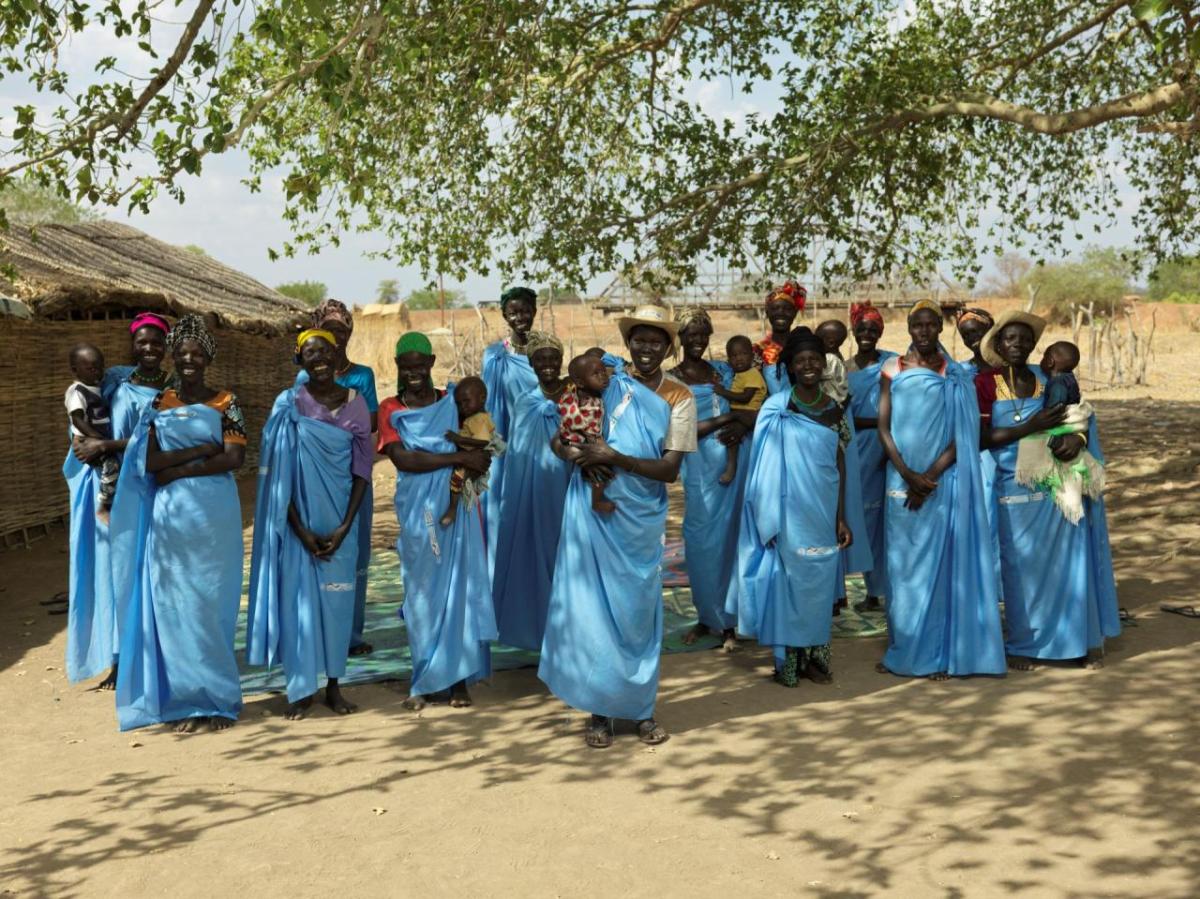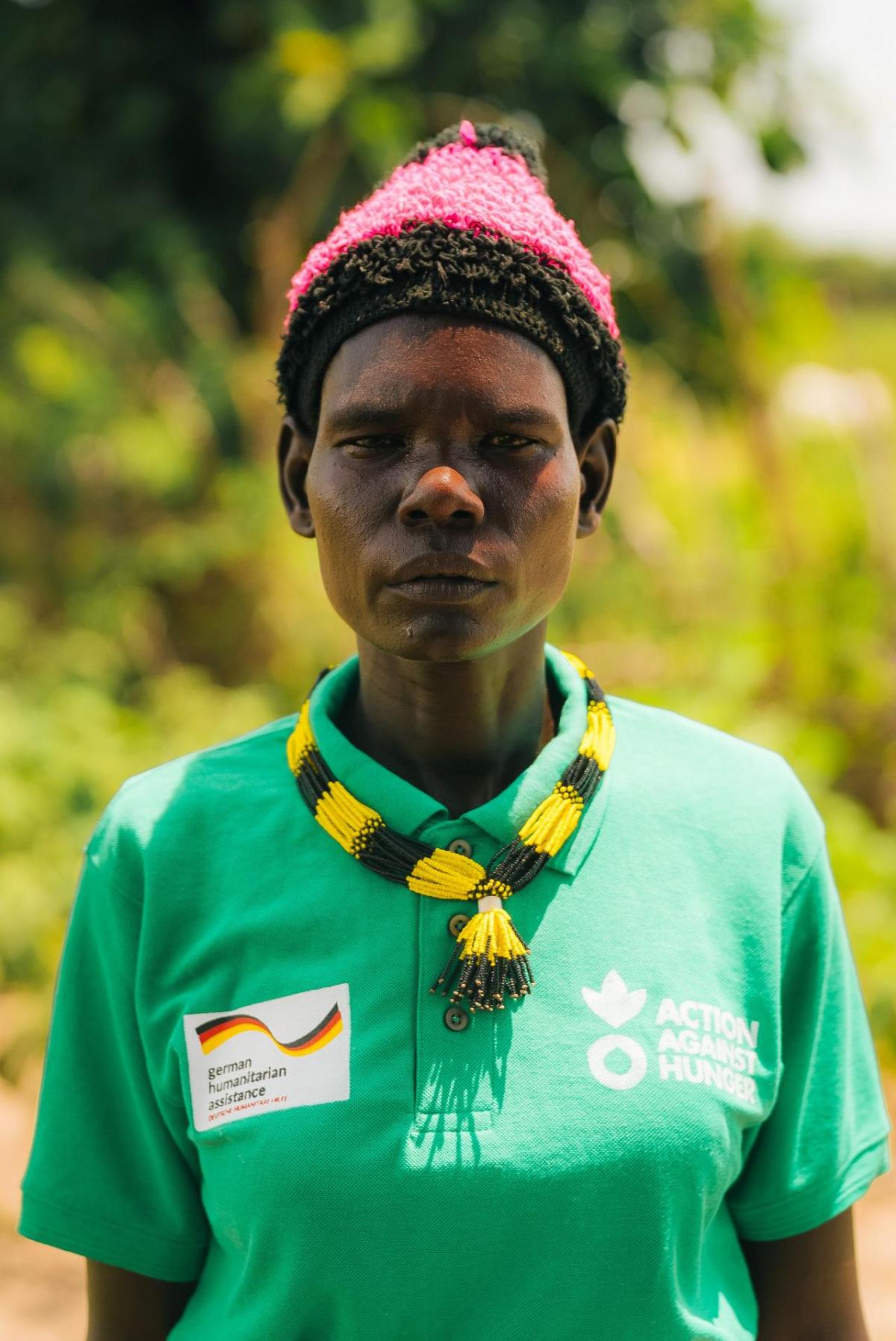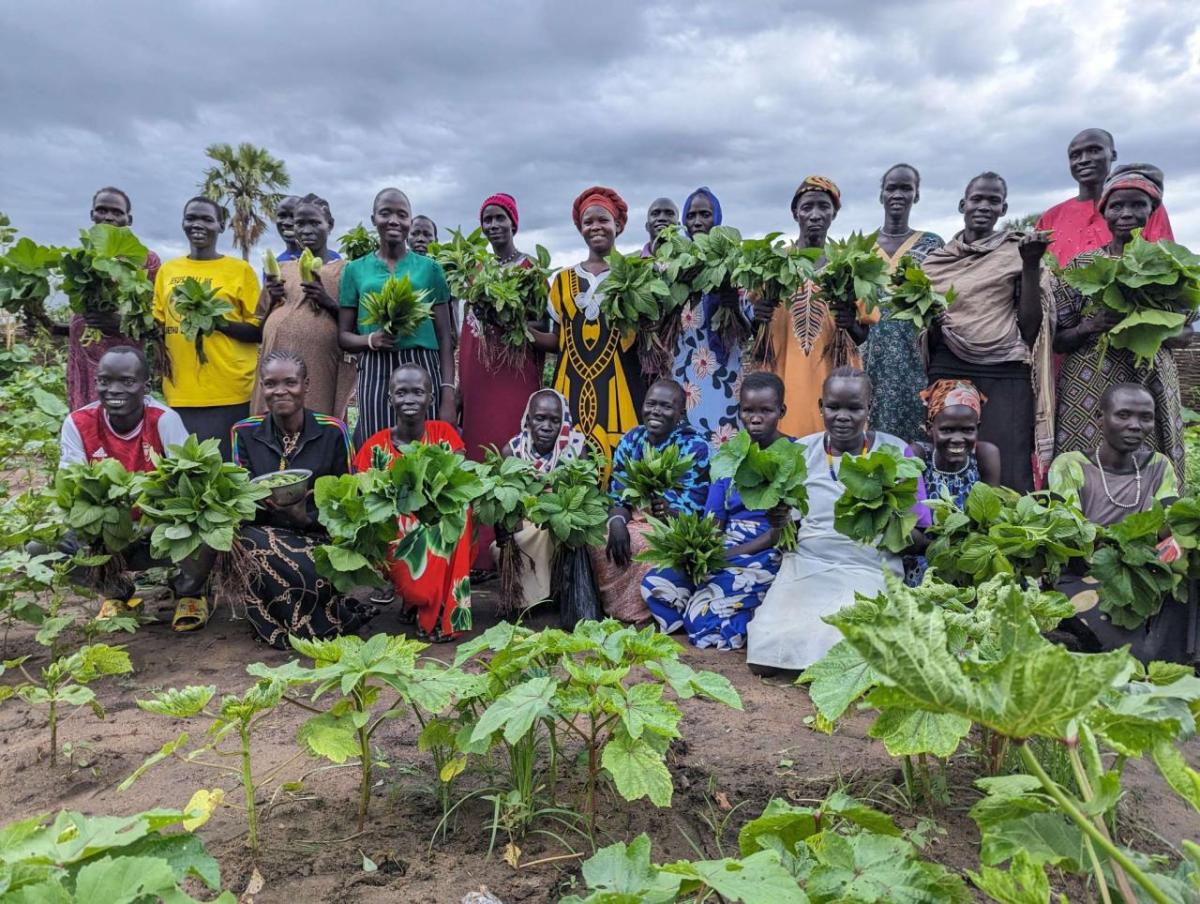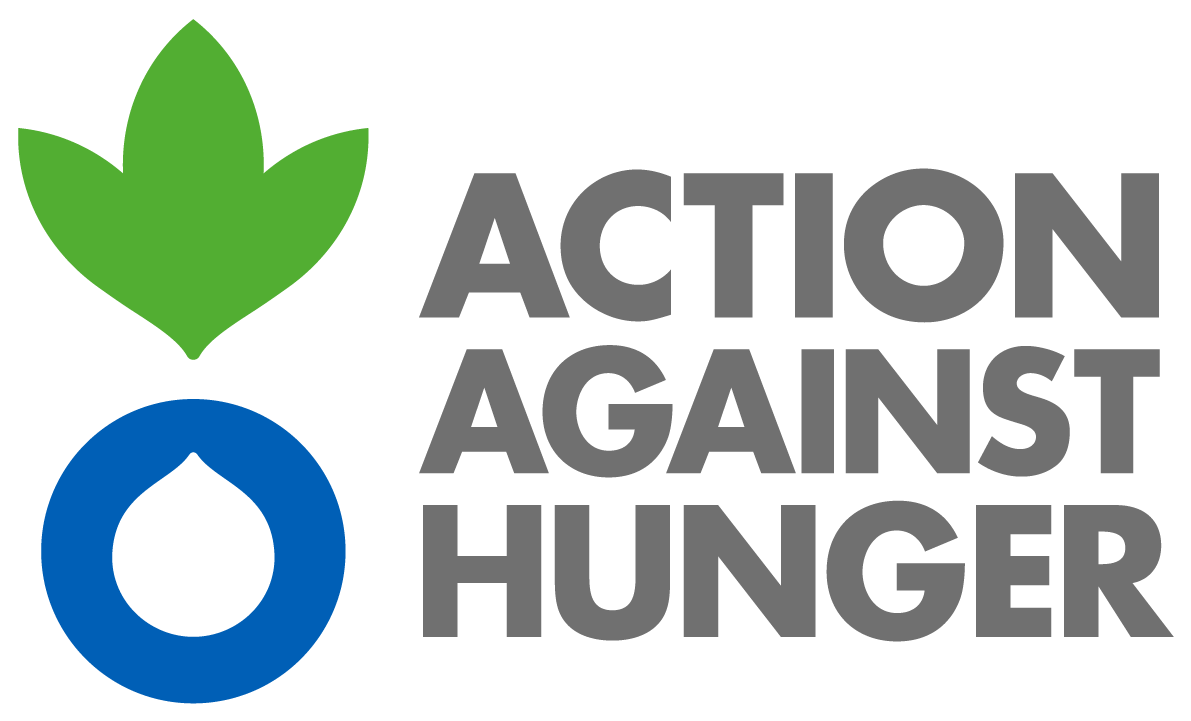A Widow's Journey to Self-Sufficiency
How Action Against Hunger’s Nutritional Programs in South Sudan Changed the Life of a Single Mother
Published by Action Against Hunger.
Contact media@actionagainsthunger.org for inquiries.
Aling’s Story
Aling and her husband lived in Mayom, Warap State in South Sudan, and they had five beautiful children —two boys and three girls. Tragically, one day, her husband was killed in a communal conflict. At the age of 32, Aling found herself alone, shouldering the responsibility of raising her children without any support. Life was increasingly hard for Aling and her family following her husband's passing. Money was tight, and Aling struggled to keep enough food on the table for her family. The hardships multiplied when her youngest daughter fell gravely ill and became acutely malnourished. Desperate to save her daughter, Aling went to Action Against Hunger's nutrition site for assistance.
A New Beginning
Action Against Hunger enrolled Aling’s daughter in a comprehensive nutrition program. In a matter of weeks, she was back to full nutritional health. To Aling’s immense relief, her daughter’s lively spirit had returned.
While her daughter was undergoing treatment, Aling was introduced to vegetable gardening as a means to diversify her family's diet and enhance their overall well-being. Action Against Hunger supported her with training and tools to start gardening. Over time, Aling saw a revolutionary change in her children’s quality of life with the increased nutrition in their diet.
Amazed by the impact on her family, she became passionate about sharing her newfound nutritional knowledge and gardening skills with others. It became her mission to educate fellow mothers in Mayom. Now, several other women have thriving gardens and are able to improve their families’ diet as well. They have been able to grow enough to sell surplus vegetables for profit.
With the support of Action Against Hunger, the women were able to establish a Village Savings and Loans Association (VSLA). A VSLA is a powerful way for community members to extrapolate the financial benefits they gain from gardens by offering a safe place for them to manage their money. CARE describes a VSLA as a group of members who meet regularly and create a group fund, so they can take small loans as needed and build insurance against emergencies. For example, if a drought wipes out their crops — which would typically devastate the families’ nutritional and financial wellbeing — the VSLA savings fund can be used to buy new seeds or other materials to restart the garden. They are also able to use the funds to invest in scaling-up farms with better equipment or other tools. This resource is a sustainable way for members to manage their finances and safeguard the wellbeing of their income and diet.
Aling’s VSLA has become so successful it can also make loans to the surrounding community and local NGOs, supporting the development of the growth of the local economy. The VSLA is a self-sustaining funding mechanism that reduces the need for additional external aid. It safeguards the women against unexpected challenges, and they obtained greater agency for financial decision-making than ever before.
Through hard work and dedication, Aling was able to move from kitchen gardening to large-scale farming, now supplying local markets with her produce. She is able to maintain her family’s nutritional wellbeing and rest in the knowledge that she has a steady income with the financial safety net of VSLA membership. Wanting to lift up the women around her, Aling has been an enthusiastic advocate for nutrition and gardening. Against Hunger’s program with funding from the German Federal Foreign Office gave her initial support, and Aling has amplified that support into an incredible ripple effect that is still shaping the community around her. "I no longer feel like a widow struggling to provide for my family," Aling said, her confidence radiating.
Aling’s evolution into a self-sufficient woman is a testament to her resilience in face of tragedy and hardship. To her community, she has become a beacon of hope and inspiration for others facing similar challenges. Her story serves as a testament to the boundless possibilities that arise when individuals and organizations come together to create positive change.
Hunger in South Sudan
Unfortunately, Aling is one of many people in South Sudan who have suffered from hunger due to conflict. The United Nations reports that nearly 7.7 million people in the country are facing severe food insecurity. This is largely driven by the escalating conflict in Sudan, which has sent 1.1 million people flooding over the border into South Sudan, which was already grappling with strained resources. Now, resources fall significantly short of meeting the needs of the population.
To make matters worse, displaced people who are dealing with insecurity and poverty have also been impacted by disease outbreaks. Cholera, a deadly disease that is closely linked to dehydration and malnutrition, has been rampant since October 2024 and is only worsening. At the end of April 2025, UNICEF recorded over 54,600 cases, including 1,059 deaths, across 47 counties.
Action Against Hunger is actively working to improve nutrition, health, and water, sanitation and hygiene (WASH) in South Sudan to stop the rise of disease and hunger. For long-term impact, we are boosting food security and livelihoods (FSL) with long term solutions like the VSLA group in Mayom. Aling’s journey exemplifies the kinds of transformations that can happen when people impacted by conflict, disease, and hunger have access to resources; she now has the agency to uplift her family’s health, manage her finances, and act as a catalyst for change in her community.
***
Action Against Hunger leads the global movement to end hunger. We innovate solutions, advocate for change, and reach 21 million people every year with proven hunger prevention and treatment programs. As a nonprofit that works across over 55 countries, our 8,900 dedicated staff members partner with communities to address the root causes of hunger, including climate change, conflict, inequity, and emergencies. We strive to create a world free from hunger, for everyone, for good.




